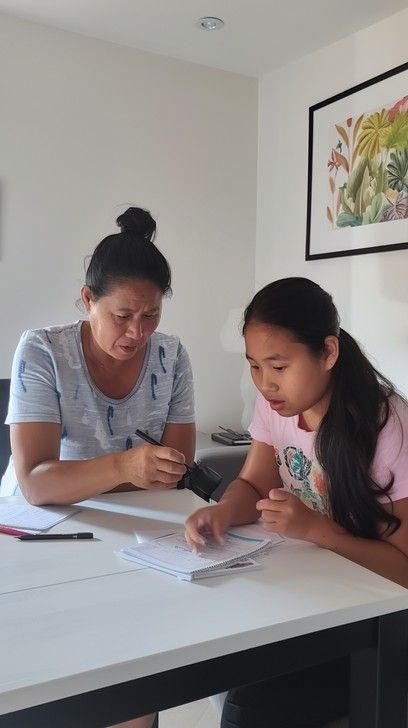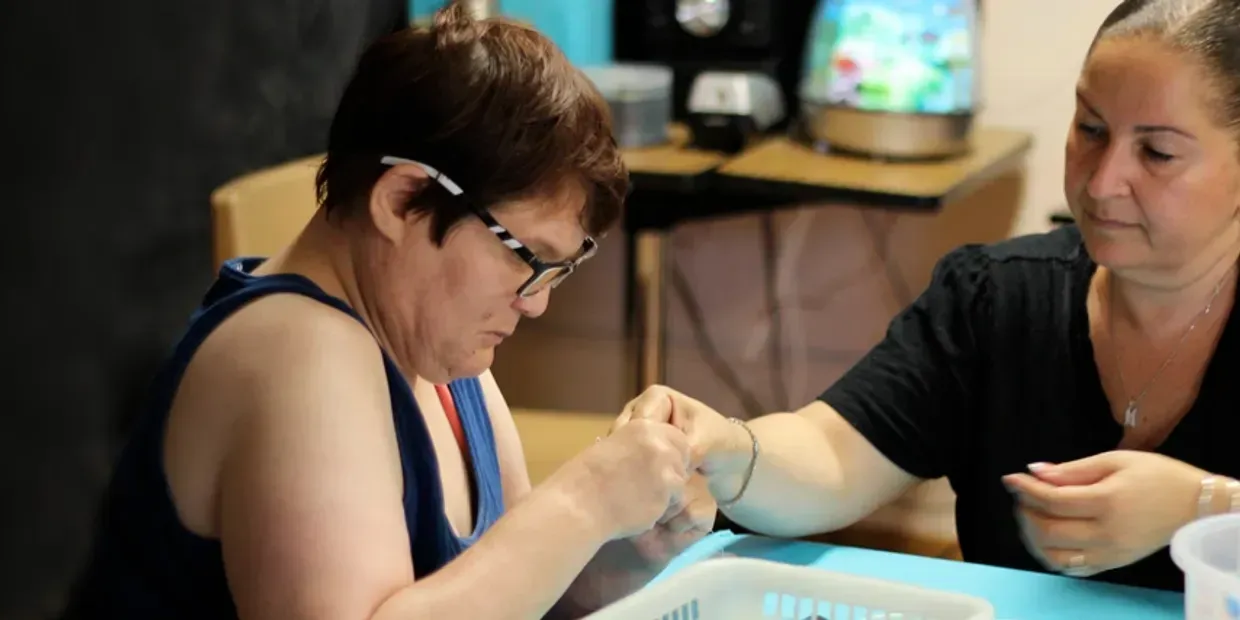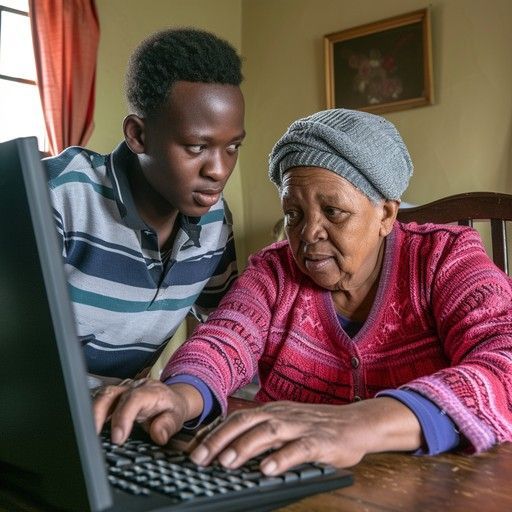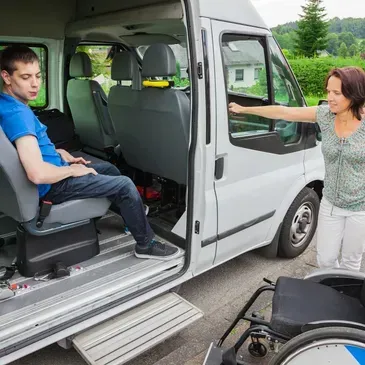We have been licensed and approved to render these services.
- COMPANION SERVICE
- SUPPORTED LIVING
- IN-HOME SUPPORT SERVICE
- RESPITE HOURLY
- RESPITE DAILY
- SUPPORTED LIVING WITHOUT TRANSPORTATION.
- INDIVIDUALIZED DAY SERVICE
- DAY HABILITATION
- EMPLOYMENT READINESS
- HOST HOME
- SUPPORTED EMPLOYMENT
Employment Readiness & Supported Employment Service
Employment Readiness
(also known as Prevocational supports) services are designed with the intent to assist
persons to learn basic work-related skills necessary to acquire and retain competitive employment based on
the person’s vocational preferences and abilities. Services include teaching concepts such as following and
interpreting instructions; interpersonal skills, including building and maintaining relationships
Supported employment
facilitates competitive work in integrated work settings for individuals with the most severe disabilities for whom competitive employment has not traditionally occurred
Supported employment
provides assistance such as job coaching, travel training, and customized employment.
Individualized Day Services
Individualized Day Services
Includes habilitative supports in the community to ensure that a person’s community integration is increased and the skills necessary for independence and community involvement outside of the home are developed and maintained in ways that enhance community integration outcomes.
Day Habilitation Service
Day habilitation services
are aimed at developing activities and skills acquisition to support or further
integrate community opportunities outside of a person’s home and assist the person in developing a full life within the community.
Day habilitation services
are aimed at developing meaningful adult activities and skills
acquisition to: support or further community integration, inclusion, and exploration, improve communication skills; improve or maintain physical, occupational and/or speech and language functional skills; foster
independence, self-determination and self-advocacy and autonomy; support people to build and maintain
relationships
Companion Services
Companion Services
may be provided in a person’s home or in the community when non-medical assistance is necessary to ensure a person’s safety. Supports are goal oriented to include the person’s interests and preference with a concentration on community engagement and employment exploration.
In-Home Support Services
In-Home Support Service
is provided to persons living in their own home or living in their family member’s
home.
In Home Support services include a combination of hands-on care, habilitative supports, skill development and assistance with activities of daily living. The supports are aimed at teaching the person to increase his or her skills and self-reliance.
Host Home Services
Host Home providers
enables people to live in the community in a family-type setting that will support them to achieve their goals, participate in community life and activities, maintain their health, and retain or improve skills that are important to them, which may include activities of daily living, money management, travel,
recreation, cooking, shopping, use of community resources.
Respite Care Services
Respite services
provide relief to a person’s family or primary caregiver to enable them to participate in scheduled or unscheduled time away for the person in supports, and to prevent gaps in the delivery of the person’s services.
Supported Living Without Transportation
Supported living services
are provided to persons with limited informal supports and have an assessed need for assistance with habilitation, healthcare, and financial skills related to activities of daily living. Goals and supports are centered around the development of social and adaptive skills necessary for the person to reside in the community and successfully participate in community activities.







